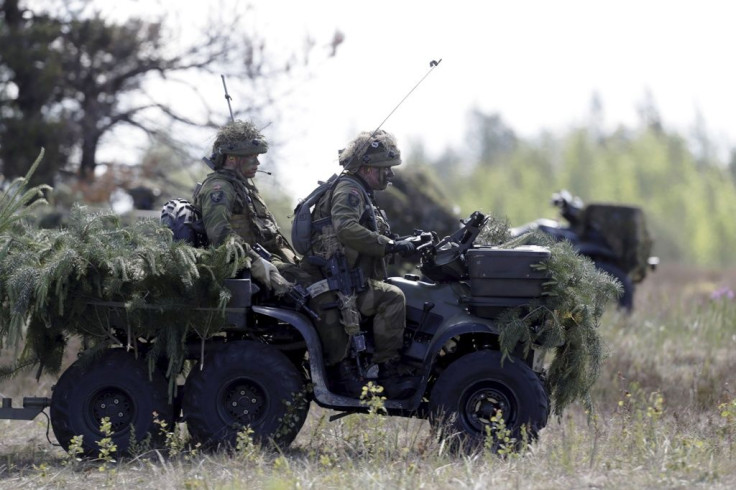Europe Preparing For War? Norway’s Army To Get Ground-Based Air Defense System

The Norwegian army announced Monday it will soon have a mobile ground-based air defense system. It has ordered a mobile version of defense contractor Kongsberg’s Norwegian Advanced Surface to Air Missile System, which the country’s air force has been using since the early 2000s.
The system will be built on existing elements but will also be powered with new factors that would be able to integrate into modernized armored transport vehicles and fire-control and communication networks used by the air force, according to Kongsberg. The estimated cost of the project is about $115 million and deliveries are planned for 2018 to 2021.
“This [the system] will add further capabilities to the Norwegian air defense community, and secure jobs in Kongsberg and for a large number of subcontractors throughout Norway,” Eirik Lie, president of Kongsberg, said in a statement.
The defense ministry said that it had sent its Norwegian Defence Materiel Agency to work with Kongsberg on the project.
"Providing protection from air attacks must be modular and flexible, and it should move quickly," Norway’s Defense Minister Ine Eriksen Søreide said. "It will provide protection against threats from the air so that the Army can benefit from maximum operational freedom."
The move comes at a time when NATO is flexing its military muscle in the Black Sea to counter growing Russian threat in the region. The 28-nation bloc is wrapping up maritime drills in the sea, which reportedly became a disputed region between Russia and NATO since Moscow annexed the Ukrainian territory Crimea in 2014.
Problems between Russia and NATO have aggravated since Russia annexed Crimea and supported separatist rebels within Ukraine. NATO’s military buildup has concentrated on Poland and the Baltic states of Estonia, Latvia and Lithuania — all of which have expressed concern over Russia's growing political and military assertion in the region. However, Moscow has denied the allegations and accused the U.S. of expanding its geopolitical power along Russia's borders.
© Copyright IBTimes 2024. All rights reserved.












